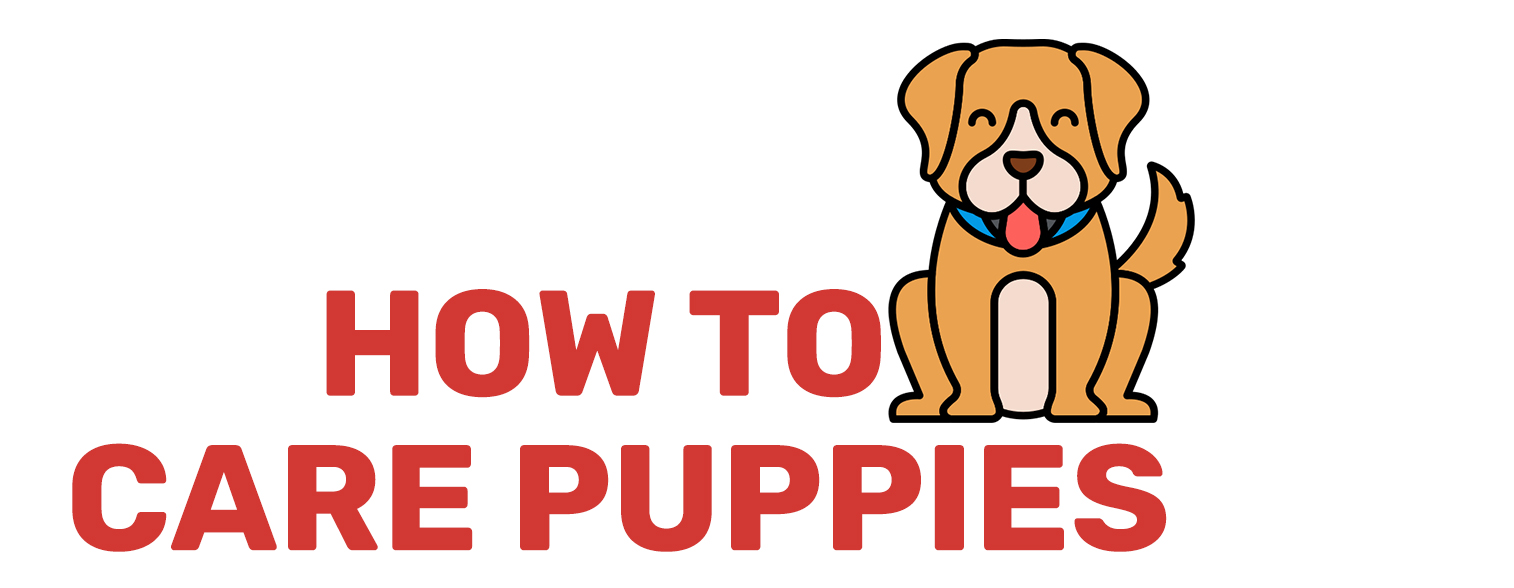
Caring for Your Puppy: A Guide from 6 Weeks to 12 Months
Welcoming a new puppy into your home is an exciting journey filled with laughter, love, and a bit of mischief. From the moment your new furry friend steps paw into your life, your days will be packed with moments of teaching, learning, and bonding. Here’s a comprehensive guide to caring for your puppy from 6 weeks to 12 months old, ensuring they grow into a healthy, happy, and well-behaved dog.

Table of Contents
6-8 Weeks: Setting the Foundation
Preparing for Arrival
Before your puppy arrives, preparation is key. Ensure you have the following ready:
- A comfortable sleeping area: Choose a quiet, draught-free space with a cozy bed or crate.
- Toys and play space: To stimulate their mind and allow physical activity.
- Safety measures: Remove anything poisonous or hazardous and anything you don’t want chewed.
- Veterinary care: Locate your local vet and schedule a visit soon after your puppy’s arrival.
Initial Care
- Vaccinations: Your puppy should receive their first round of vaccinations before coming home.
- Socialization: Even at this young age, gentle exposure to various environments, sounds, and people is crucial.
8-12 Weeks: Building Confidence and Trust
Bringing Your Puppy Home
This period is crucial as it sets the tone for your puppy’s behavior and training:
- Socialization: Continue introducing your puppy to new sights, sounds, and safe interactions with other pets and people.
- Routine establishment: Start a consistent daily routine including feeding, toileting, and play/rest times.
- Basic training: Introduce simple commands like ‘sit’, ‘stay’, and ‘come’. Positive reinforcement is key.
- Alone time: Begin leaving your puppy alone for short periods to avoid separation anxiety later.

3-6 Months: Training and Exploration
Health and Development
- Further vaccinations: Complete the vaccination schedule as advised by your vet.
- Routine vet visits: Discuss worming, flea treatments, and the best time for neutering.
Training and Social Skills
- Puppy classes: Enroll in a puppy class to enhance training, social skills, and confidence.
- Continued socialization: Safely introduce your puppy to the wider world.
- Teething: Provide appropriate chew toys to soothe their gums.

6-12 Months: Refining Skills and Strengthening Bonds
Advanced Training
- Obedience training: Consider more structured classes that challenge your puppy and reinforce learning.
- Consistent boundaries: Continue to set and enforce rules consistently to help your puppy understand expected behaviors.
Physical and Emotional Growth
- Diet transition: Gradually switch from puppy food to adult dog food as recommended by your vet.
- Regular exercise: Increase exercise to match your puppy’s growing energy levels and strength.
- Emotional development: Strengthen your bond through play, training, and calm, positive interactions.
Tips for Success
- Stay patient and consistent: Puppies learn at their own pace. Consistent training and reinforcement help them understand what is expected.
- Keep training sessions short and fun: Young puppies have short attention spans. Keeping training sessions brief will help them stay engaged.
- Monitor health closely: Regular check-ups with the vet ensure your puppy is growing healthily and any concerns are addressed promptly.
By following these guidelines, you can provide a nurturing environment for your puppy that not only caters to their immediate needs but also lays the groundwork for a well-adjusted, happy adult dog. Remember, the effort you put in during the first year of your puppy’s life will pay off with a lifelong furry companion who is well-behaved, confident, and above all, deeply bonded to you.
